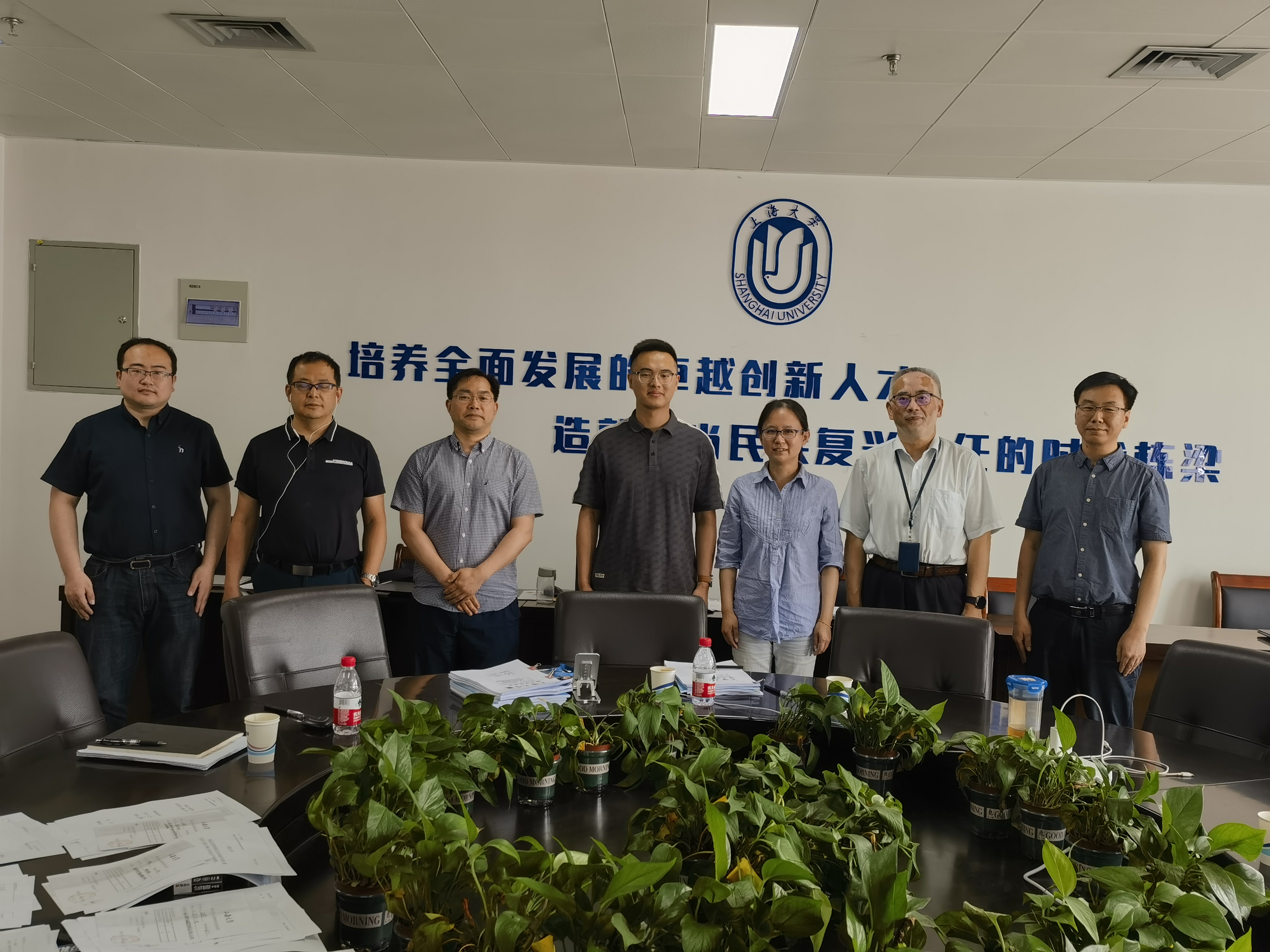Congratulations to Zhang Jiawang on successfully graduating!
Zhang Jiawang graduated from Nanjing University of Information Science and Technology with a bachelor’s degree. He began pursuing a professional master’s degree in computer engineering and science at the School of Computer Engineering and Science, Shanghai University in 2020. After joining the research group, he worked under the guidance of Professors Zhang Rui, Han Yuexing, and Chen Qiaochuan to study material literature information mining methods. With their careful guidance, he completed the following research:
-
A context-aware literature information extraction method is proposed based on the expression characteristics of material literature texts and the structural features of component tables, which mines both text and table information. Named entity recognition (NER) technology is used to mine material texts by fusing dynamic word vectors with static word vectors in the material field, so that each word vector contains contextual information and material domain knowledge, significantly improving the NER effect of material texts. Experiments were conducted on NER datasets of stainless steel materials and inorganic materials.
-
A material performance prediction method based on literature information extraction is proposed to predict the tensile strength and material composition data obtained from the context of material literature. The method utilizes the XenonPy materials informatics library to expand the feature space of the composition data. Based on the expansion principle, a cross-feature compression and feature selection method is designed to screen for statistically significant element-level features and tensile strength data. Machine learning is then used to train the prediction model on these data. The experiment uses data published by the National Institute for Materials Science in Japan, and the results show that the proposed composition feature processing method can significantly improve the prediction performance of the model.
-
Using stainless steel as a demonstration material, the proposed literature mining and performance prediction methods are applied to 11,058 scientific literature on stainless steel. 2.36 million material entities were extracted from the literature texts, and 7,970 sets of material composition information were extracted from the literature tables. Relevant data were selected, and numerical prediction was performed on the tensile strength. The change trends of corrosion resistance, ductility, strength, and hardness were also predicted.
After graduation, Zhang Jiawang joined Huawei Shanghai Research Institute to engage in software development-related work. During his three-year graduate career at Shanghai University, Zhang Jiawang worked hard to enhance his professional knowledge and research abilities. He was fortunate to have met many excellent mentors and friends. We hope that Zhang Jiawang will always remember his original aspirations and mission, overcome all obstacles, and forge ahead on his future path.
